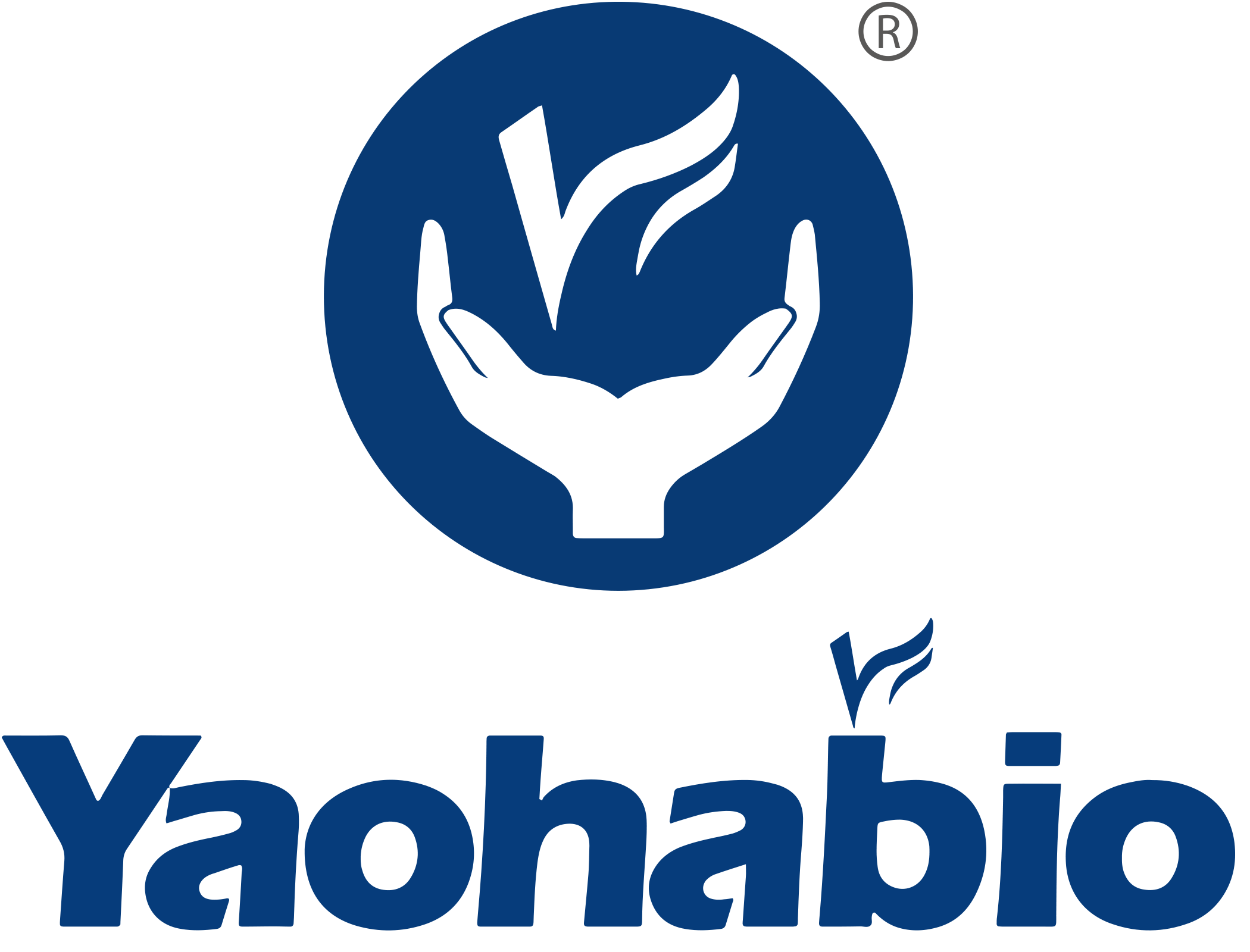Do You Know the Groundbreaking Advancement in Insulin Technology?
Recombinant human insulin is a paradigmatic case of the mass production of genetically engineered drugs and a crucial application for microbial expression. Since its discovery a century ago, insulin medications have undergone continuous advancements, ultimately transforming diabetes, particularly type 1 diabetes, into a manageable chronic condition.
Insulin has evolved from its initial short-acting form to intermediate-acting, rapid-acting, and long-acting forms. Recombinant human insulin, such as Novo Nordisk's Novolin R, is considered short-acting. Protamine insulin falls into the intermediate-acting category, with examples including Novolin N and Humulin N. The development of long-acting and rapid-acting insulin primarily relies on insulin analogs, which improve their pharmacokinetics by utilizing strategies such as creating human insulin mutants or making fatty acid modifications. Notably, Yaohai Bio-Pharma excels in producing various insulin analogs with high working capacity and mature expression systems to meet the diverse requirements of clients.
Recently, there have been new advancements in the field of insulin. On March 21, 2024, Novo Nordisk announced that its ultra-long-acting insulin analog, Insulin icodec, had been approved for marketing by the Committee for Medicinal Products for Human Use (CHMP) of the European Medicines Agency (EMA). With this approval, over 10 recombinant human insulin and human insulin analogs have now secured marketing authorization, solely counting new drug approvals.
Half-Life
Insulin icodec has an exceptionally long half-life of approximately 196 hours. This formulation is designed to cater to an entire week's basal insulin needs with a solitary subcutaneous injection. Achieving this extended half-life necessitates a unique modification of the insulin molecule, resulting in an albumin-bound circulating depot of icodec.
The incorporation of a C20 fatty diacid side chain at B29K, linked via a hydrophilic bridge, facilitates robust yet reversible binding to albumin, which is 10-fold stronger than that of insulin detemir. Additionally, strategic amino acid substitutions (A14E, B16H, and B25H) mitigate enzymatic degradation of icodec, and dampen insulin receptor (IR) binding and clearance, leading to the extension of its half-life.
Comparisons With Human Insulin
Insulin icodec behaves similarly to human insulin (HI) but exhibits a slower clearance rate. In vitro assessments confirm that icodec acts as a specific and full agonist of the human IR, mirroring HI's dose-dependent mechanism. This is evidenced by its capacity to phosphorylate the IR and activate intracellular signaling cascades (such as phospho-AKT and -ERK). Functional tests reveal that icodec elicits metabolic effects akin to HI, encompassing glucose uptake and lipogenesis in adipocytes, as well as stimulating glycogen synthesis in hepatocytes. Notably, icodec's affinity for the IGF-1 receptor is relatively lower compared to its binding to the IR.
Moreover, in vitro studies on primary human mammary epithelial cells (HMEC), as well as mammary (MCF-7) and colon carcinoma (COLO 205) cells, indicate that icodec exhibits a mitigated mitogenic effect compared to HI.
Efficiency and Safety
In terms of effectiveness, data shows that icodec has non-inferiority in reducing HbA1c (glycated hemoglobin) compared with third-generation insulin such as insulin degludec and insulin glargine, which means that the blood glucose control effect of insulin icodec injected once a week is not inferior to that of insulin injected once a day. Further analysis reveals that the HbA1c (glycated hemoglobin) level decreases more significantly in the insulin icodec treatment group, demonstrating its superior hypoglycemic effect compared to the daily insulin formulation.
In terms of safety, hypoglycemia is the most concerning side effect for all insulin users. The study indicates that there is no statistical difference in the risk of hypoglycemia between the weekly and daily insulin formulations. As for other side effects, the insulin icodec does not exhibit significant differences in incidence rates compared to previous insulin formulations.
Conclusion
It is worth noting that while the market currently only offers icodec as the ultra-long-acting insulin, icodec is not indispensable. Many other ultra-long-acting insulin are still under research. In addition, Yaohai Bio-Pharma, with its extensive expertise in insulin production, can produce a biosimilar of insulin icodec that provides comparable efficacy and safety.
Yaohai Bio-Pharma is also actively seeking institutional or individual global partners and offers the most competitive compensation in the industry. If you have any questions, please feel free to contact: [email protected]
Hot News
-
Yaohai Bio-Pharma Passed EU QP Audit and Attains ISO Triple Certification
2024-05-08
-
BiotechGate, Online
2024-05-13
-
2024 WORLD VACCINE CONGRESS Washington
2024-04-01
-
CPHI North America 2024
2024-05-07
-
BIO International Convention 2024
2024-06-03
-
FCE COSMETIQUE
2024-06-04
-
CPHI Milan 2024
2024-10-08

 EN
EN
 AR
AR
 HR
HR
 CS
CS
 DA
DA
 NL
NL
 FI
FI
 FR
FR
 DE
DE
 EL
EL
 IT
IT
 JA
JA
 KO
KO
 NO
NO
 PL
PL
 PT
PT
 RO
RO
 RU
RU
 ES
ES
 SV
SV
 IW
IW
 ID
ID
 LV
LV
 LT
LT
 SR
SR
 SK
SK
 SL
SL
 UK
UK
 VI
VI
 ET
ET
 HU
HU
 TH
TH
 TR
TR
 FA
FA
 AF
AF
 MS
MS
 BE
BE
 MK
MK
 UR
UR
 BN
BN

